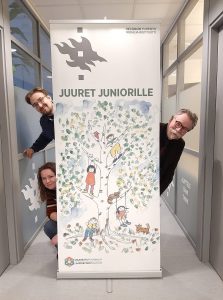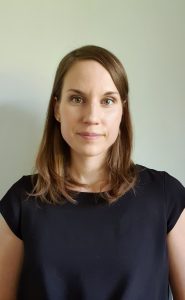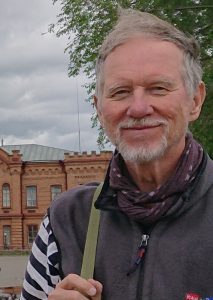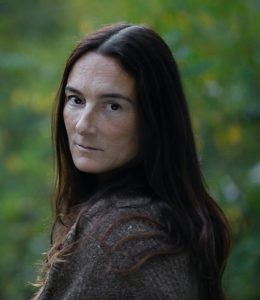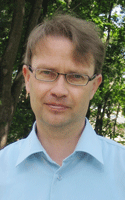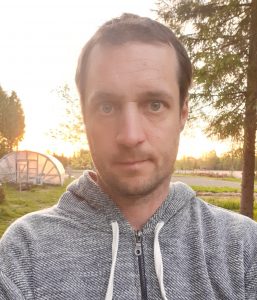How does the future of food look like? What is the role that food entrepreneurs can play in shaping it? What is South Ostrobothnia currently doing to support food innovations that combine sustainability with high quality nutrition?
These are just some of the questions that will be at the center of the InnoFood event, taking place in Seinäjoki (Frami) on the 7th and 8th of September 2023 for the second time.
The event is organized by Ruralia Institute which is sponsoring it in collaboration with the University Consortium of Seinäjoki and the Regional Council of South Ostrobothnia.
Partners are a number of national and international organizations, including Into Seinäjoki, FIBAN (Finnish Business Angels Network), Viikki Food Design Factory, Agriventure Finland, Concilio Oy and Kirkenes Innovation Festival in Norway. InnoFood will be part of the Food Days, organized by RDI Institutions in South Ostrobothnia.
The idea of the event came at the end of 2021 when, while doing research on food entrepreneurship and innovations in South Ostrobothnia and interviewing entrepreneurs, I understood that – despite a thriving regional food economy – food start-ups were having a hard time in being established and innovations were happening at a slow speed.
Therefore, I started to think how to possibly contribute to spread and enhance a start-up culture in South Ostrobothnia and attract an international community for cross contamination and exchange of ideas: there was (and still there is) a strong need for the food supply stakeholders to meet, for researchers to discuss project ideas with food companies and for food entrepreneurs to meet with investors and business developers.
Thanks to the support of UCS and Tampere University, a first edition of the event took place in 2022, with a great regional and international participation. This year InnoFood will be even more international, with a strong focus on the Nordic countries and Finland and with a day completely devoted to start-ups promotion.
The event is expected to be a disruptive happening with the main aims to inspire, promote brainstorming and networking, give place to new business initiatives and enhance the Finnish food ecosystem. The event is expected to give place to collaborations among different businesses (large companies, SMEs and start-ups) and between research and potential start-ups.
South Ostrobothnia food ecosystem will be at the centre of an interesting panel conversation that will involve major national and regional stakeholders and will discuss about regional food strategies, the smart food sector renewal and how to promote regional food start-ups.
At the end of the first day, a photo exhibition about the connection between food and different people (farmers, students, entrepreneurs) organized by Katja Juhola with photos taken by Fabio Scito during the ISEAS project, will be shown. The exhibition will represent an additionally mean to think about the future of food and make the audience reflect on the meaning of food.
InnoFood will also serve as a barometer to monitor changes and advancements in the food innovation ecosystem – not only in Finland but in the Nordic countries and Europe –, will respond to the skills needs of the labour market and will attract international, national, regional experts, food start ups and companies in a stimulating and enriching environment.
The event – unique its format and content – is free of charge and only requires registration. It will be opened by Jaakko Kiiskilä, Mayor of Seinäjoki.
Speakers include Paul Iske, Professor of Open Innovation & Business Venturing at the School of Business and Economics of Maastricht University and founder of the Institute for Brilliant Failures, Jan Ameri, Executive Chairman of ArcticStartup and Arctic15, Nima Sophia Tisdall, co-founder of Blue Lobster in Denmark and investor, Jonathan Eng, Project Leader for Healthy and Sustainable Food Systems at the Nordic Council of Ministers, Sara Roversi, founder of the Future Food Institute in Italy, Laura Forsman, Manager at Viikki Food Design Factory, Elena Inguglia, Business developer at Helsinki Innovation Services, Maja Kruuse, founder of ICE Innovation Festival in Kirkenes, Norway and many others.
Please check the event webpage!

